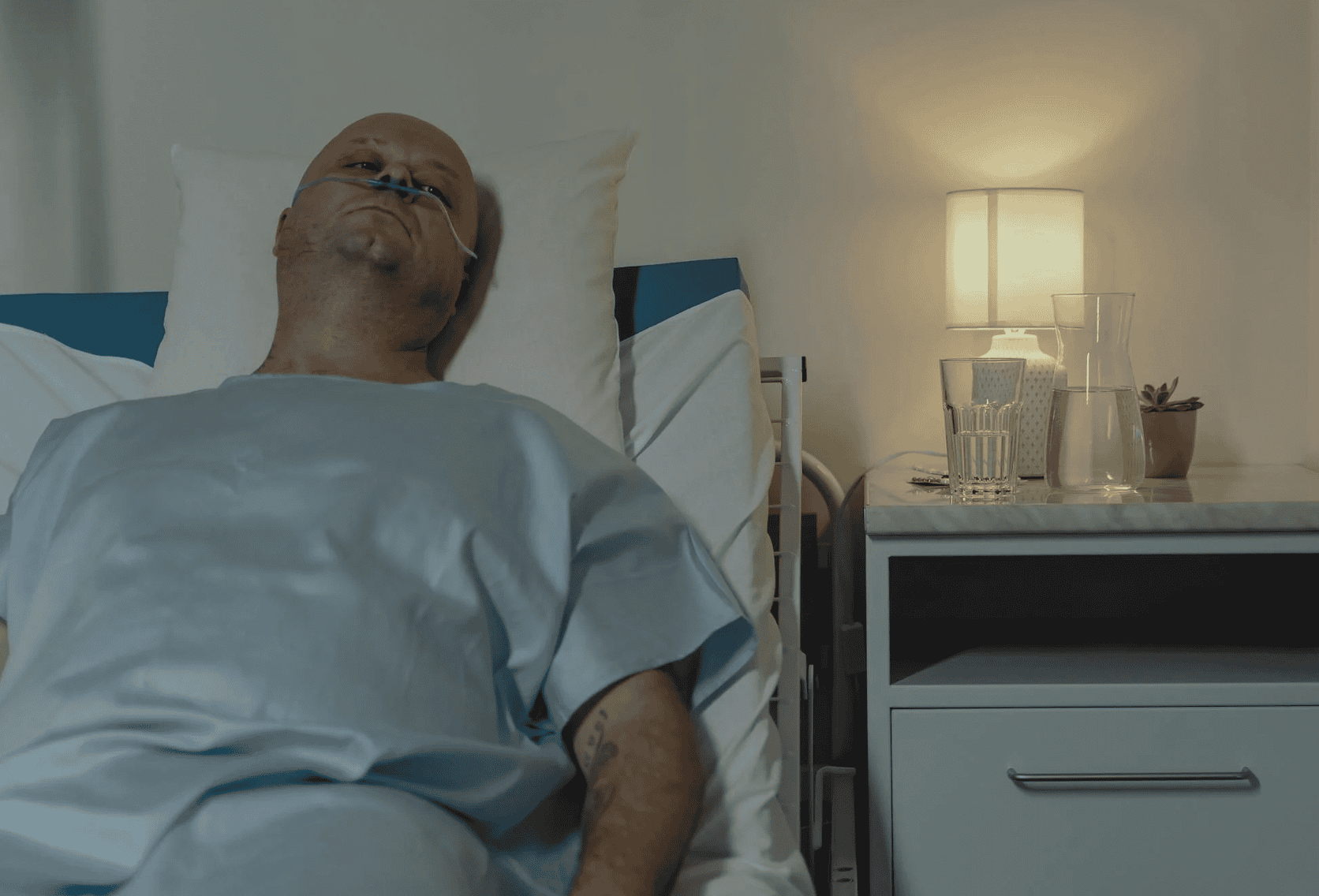Occupational therapists offer a distinct approach to end-of-life care, emphasising personalised interventions based on clients’ identified meaningful activities and current capabilities. However, there’s a tendency for interventions to primarily target activities of daily living (ADL) and mobility, potentially overlooking important psychosocial aspects of individuals. In a recent capstone project, interventions tailored to residents’ values and goals resulted in reduced depression symptoms and enhanced perceived independence. Family support also played a crucial role in motivating participation in valued activities.
This article was compiled in our latest “The Wonderful World of Allied Health Newsletter”. Don’t miss out on the news on rehab therapy, preventative healthcare, and our team. Get the newsletter in your inbox from this sign-up link:




